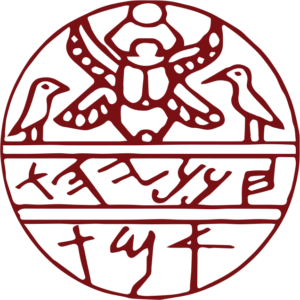Fellows 2023–2024
2023-2024 Fellows & Projects
Fellows by Year
- Fellows 2023-2024
- Fellows 2022-2023
- Fellows 2019-2021
- Fellows 2018-2019
- Fellows 2017-2018
- Fellows 2016-2017
- Fellows 2015-2016
- Fellows 2014-2015
- Fellows 2013-2014
- Fellows 2012-2013
- Fellows 2010-2011
- Fellows 2009-2010
- Fellows 2008-2009
- Fellows 2007-2008
- Fellows 2006-2007
- Fellows 2005-2006
- Fellows 2004-2005
- Fellows 2003-2004
- Fellows 2002-2003
- Fellows 2001-2002
- Fellows 2000-2001
- Fellows 1999-2000
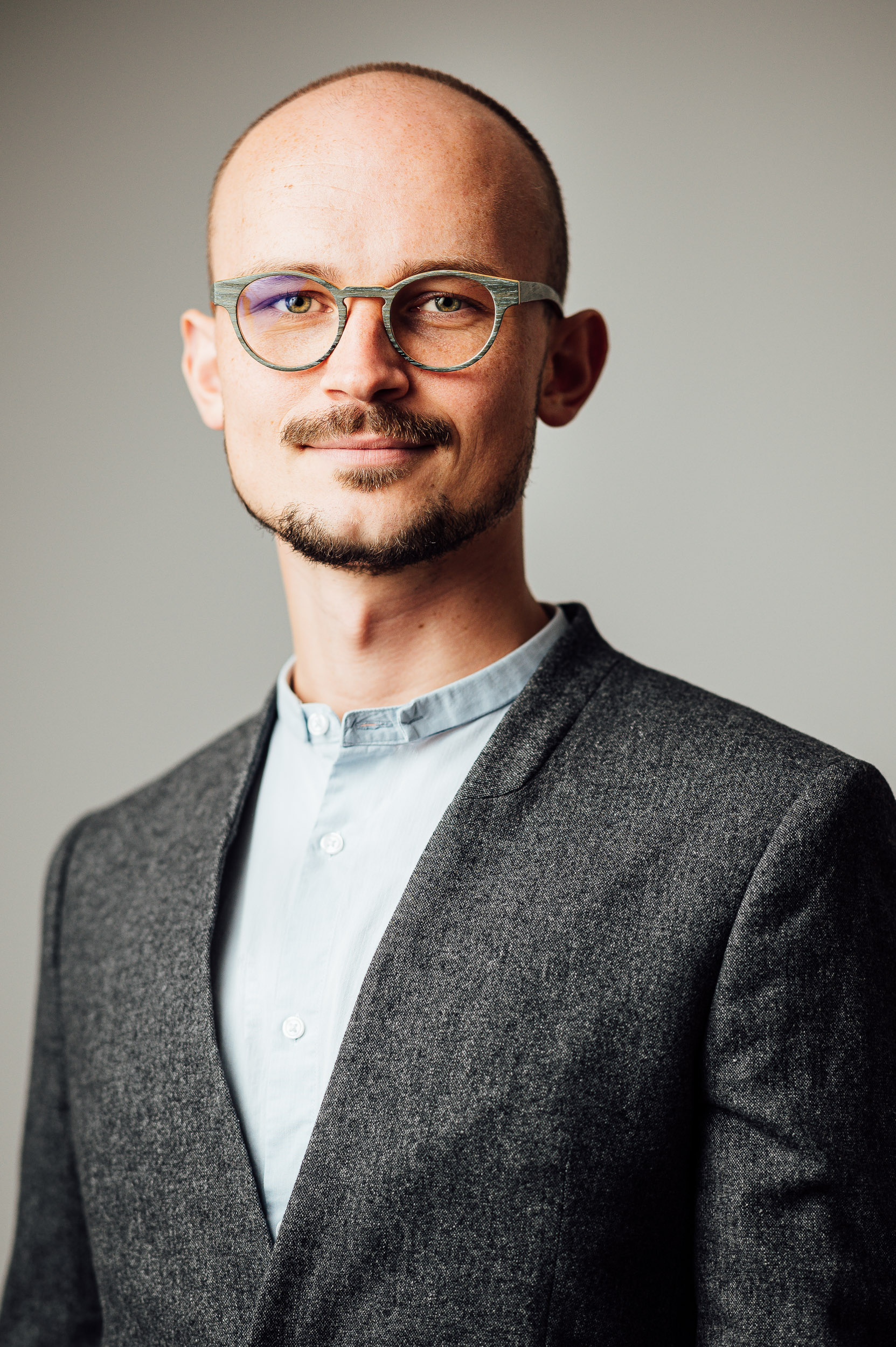
Bruno Biermann
Marcia & Oded Borowski/Barton Research Fellow
Biography
Bruno Biermann is a PhD candidate in Hebrew Bible at the University of Bern, Switzerland focusing on reconstructing gender history with ancient literature, material, and visual culture.
Project
What inferences do inscriptions—e.g., seals or ostraca—allow concerning gender and literacy during Iron Age II–III? This project attempts a gender archaeological re-evaluation of who used, interacted with, and owned inscribed objects for which purposes, based on a comprehensive dataset of provenanced objects.
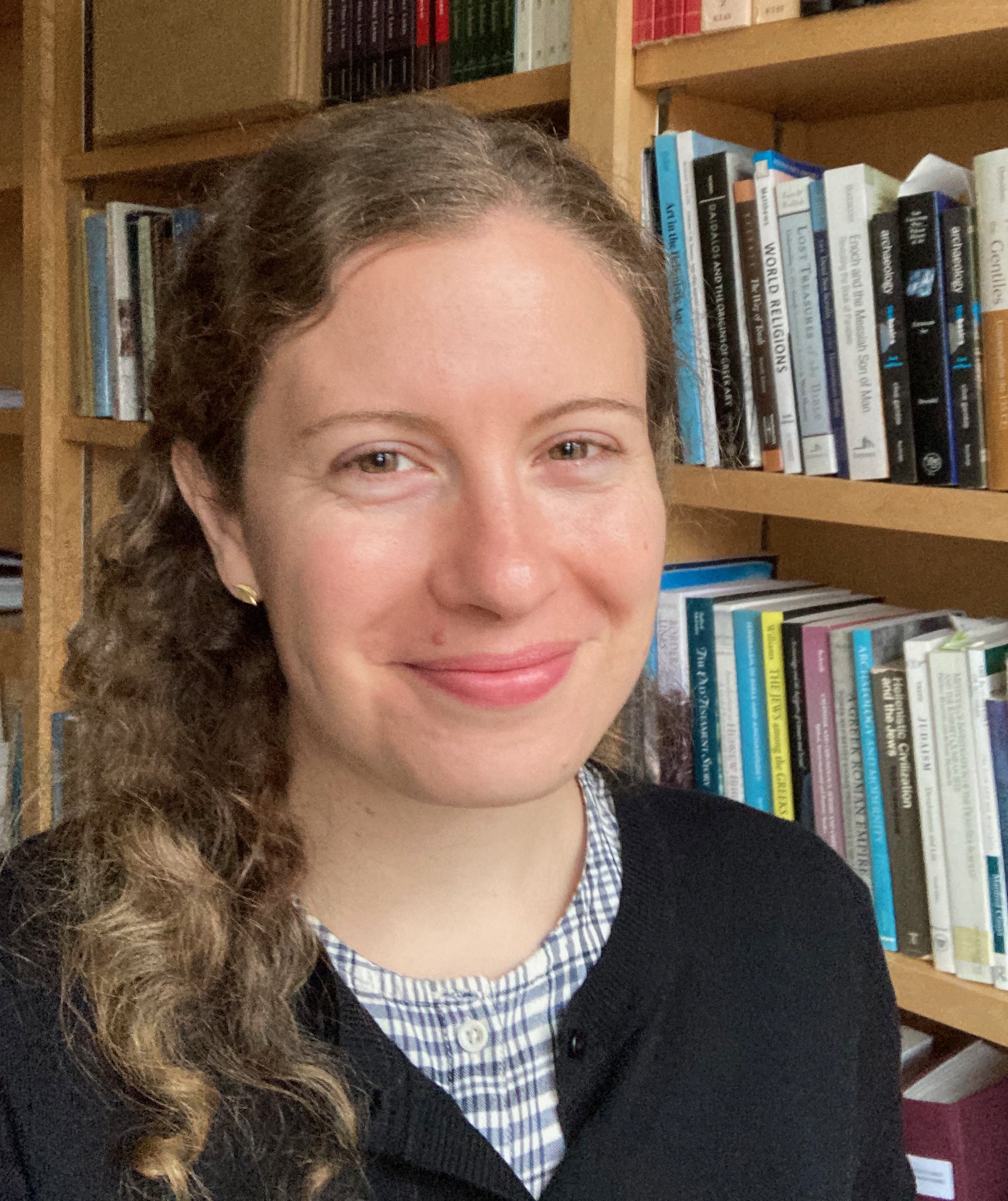
EMILY BRANTON
Educational and Cultural Affairs Junior Research Fellow
Biography
Emily Branton earned her B.A. in Religious Studies at Smith College and a M.A. in Religious Studies from the Divinity School at the University of Chicago. She is currently a doctoral candidate at the University of North Carolina – Chapel Hill, where she is completing a dissertation titled “Words that Stand: Efficacious Speech in Ancient Israel.”
Project
Emily is working on a dissertation exploring the conceptual models with which ancient Israelite and Judean scribes imagined and described acts of speech. This project draws on speech-act theory, cognitive linguistics and metaphor theory, material-cultural evidence regarding the physical landscape of Iron Age and Persian period Israel and Judah, and close readings and philological analyses of biblical and other ancient Near Eastern literature to bring to light an ancient understanding of speech as a form of powerful action.
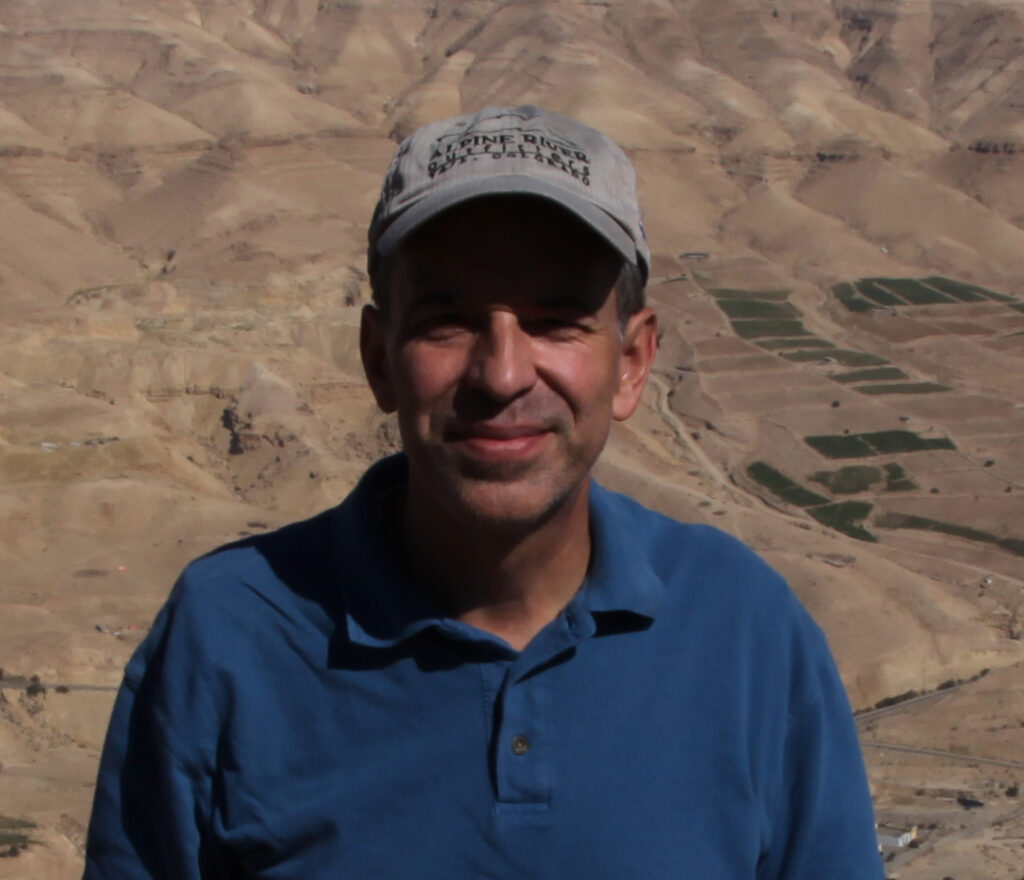
JOEL BURNETT
National Endowment for the Humanities (NEH) Fellow
Professor of Religion (Hebrew Bible and Northwest Semitic Languages) in the Religion Department at Baylor University
Biography
Joel S. Burnett (Ph.D., Johns Hopkins University) is Professor of Religion (Hebrew Bible and Northwest Semitic Languages) at Baylor University. His research concerns the history and religion of ancient Israel and Transjordan. His publications include A Reassessment of Biblical Elohim (2001), Diachronic and Synchronic: Reading the Book of Psalms in Real Time (coedited, 2007), Where is God? Divine Absence in the Hebrew Bible (2010), and The Amman Theater Statue in Its Iron Age Contexts (forthcoming).
Project
I am writing a research monograph giving an account of Iron Age religion in Transjordan based on the full range of archaeological, epigraphic, and artistic evidence. In this fellowship, I will write two of the remaining chapters: the first, on the evidence category of inscriptions and the second, on theophoric personal names. This residential fellowship will provide opportunities and resources vital to the completion of these chapters and the book as a whole: access to relevant archaeological evidence at other institutions in Jerusalem, opportunities to visit relevant excavation sites in Israel and to visit Jordan for follow-up examination of inscriptions, and 24-hour access to the Albright’s superb library holdings. As with the other parts the book, these chapters on written religious evidence will demonstrate both continuity and distinction among various sociopolitical spheres from the family household to national religion, eventually under the growing hegemony of empires, across Iron Age Transjordan.
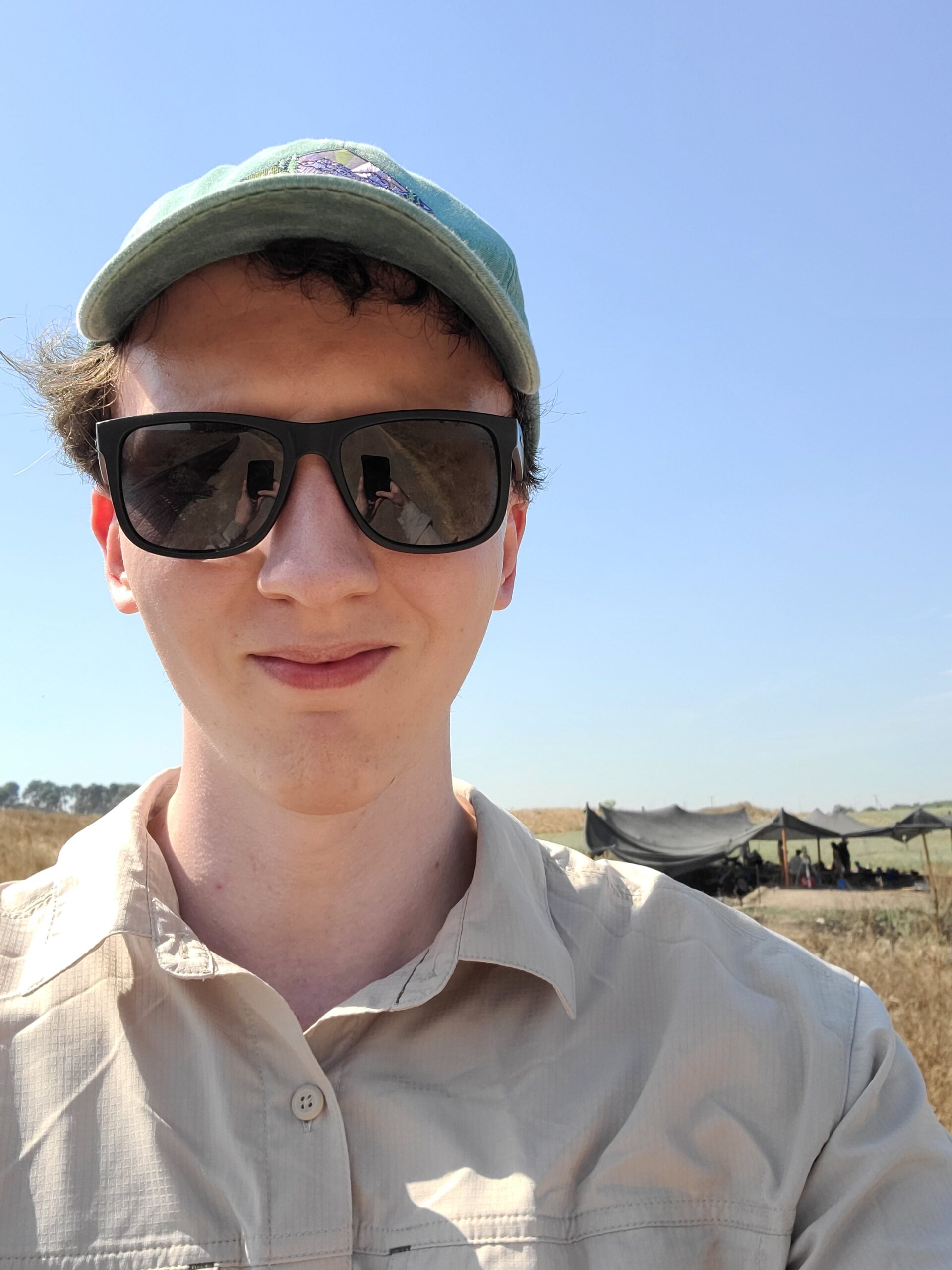
ALEXANDER DORR
Educational and Cultural Affairs Junior Research Fellow
Biography
Alexander T. Dorr is an anthropological archaeologist interested in exploring periods of regime change in the Hellenistic Southern Levant and how these changes resulted in shifts in agricultural regimes. His research will attempt to identify whether farming practices were affected by the expansion and protraction of Hellenistic empires in and around Galilee. This research will incorporate both macrobotanical and zooarchaeological data in exploring how those on the ground responded to these political shifts.
Project
During his time at the Albright, he will analyze the faunal dataset from the Hellenistic occupation of Tel Shimron. Overlooking the Jezreel Valley, the site features at least two distinct phases of Hellenistic occupation: Ptolemaic and Seleucid. The zooarchaeological material thus provides a unique opportunity to investigate differences in animal exploitation under these two distinct imperial regimes. Drawing on textual sources, such as the Zenon Papyri, which provide general descriptions of taxation, accounting ledgers, and how animals were incorporated into imperial economy, his research will aim to ground this dataset into the historical context of Hellenistic Jezreel and the broader Galilee. While at the Albright, he will identify, measure, record, and begin data analysis on how these remains correspond to our understanding of Hellenistic agriculture from textual sources, and how this assemblage may reflect the decision making of farmers on the ground and the influence of larger imperial apparatuses.
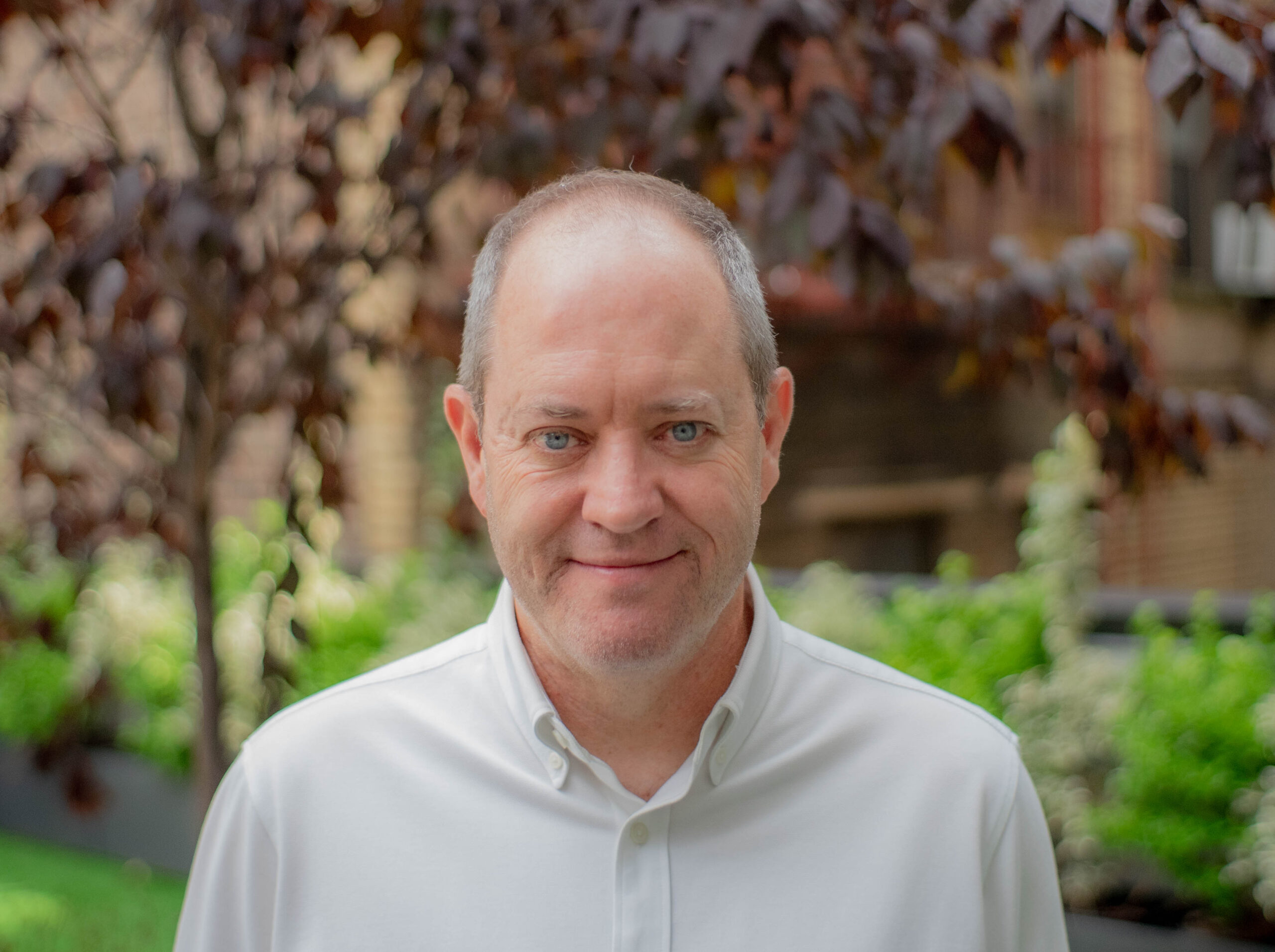
LOUIS FISHMAN
National Endowment for the Humanities Fellow
Biography
Louis Fishman is an associate professor in the history department at Brooklyn College, CUNY. He’s the author of Jews and Palestinians in the late Ottoman Era, 1908-1914: Claiming the Homeland (Edinburgh University Press, 2020). His academic work focuses on late Ottoman Palestine, the Jews of the Ottoman Empire, and the Israeli-Palestinian conflict, and regularly contributes to Haaretz, where he writes about Turkish and Israeli politics, He divides his time between New York, Istanbul and Tel Aviv.
Project
During his six-month stay at AIAR, Louis Fishman will embark on research for his second academic book, which sets out to rewrite the history of the Jewish Yishuv in Palestine during the late Ottoman era (1881-1917). This research will build on his first book on Ottoman Palestine, which provides an innovative look at the Jewish and Palestinian Arab communities following the 1908 Young Turk Revolution until World War One. While in Jerusalem, he will visit different archives, such as Israel’s National Library, the Central Zionist Archives, and the Khalidi Library in the Old City. In addition, he will share his work at the institute and in different academic settings in the city.
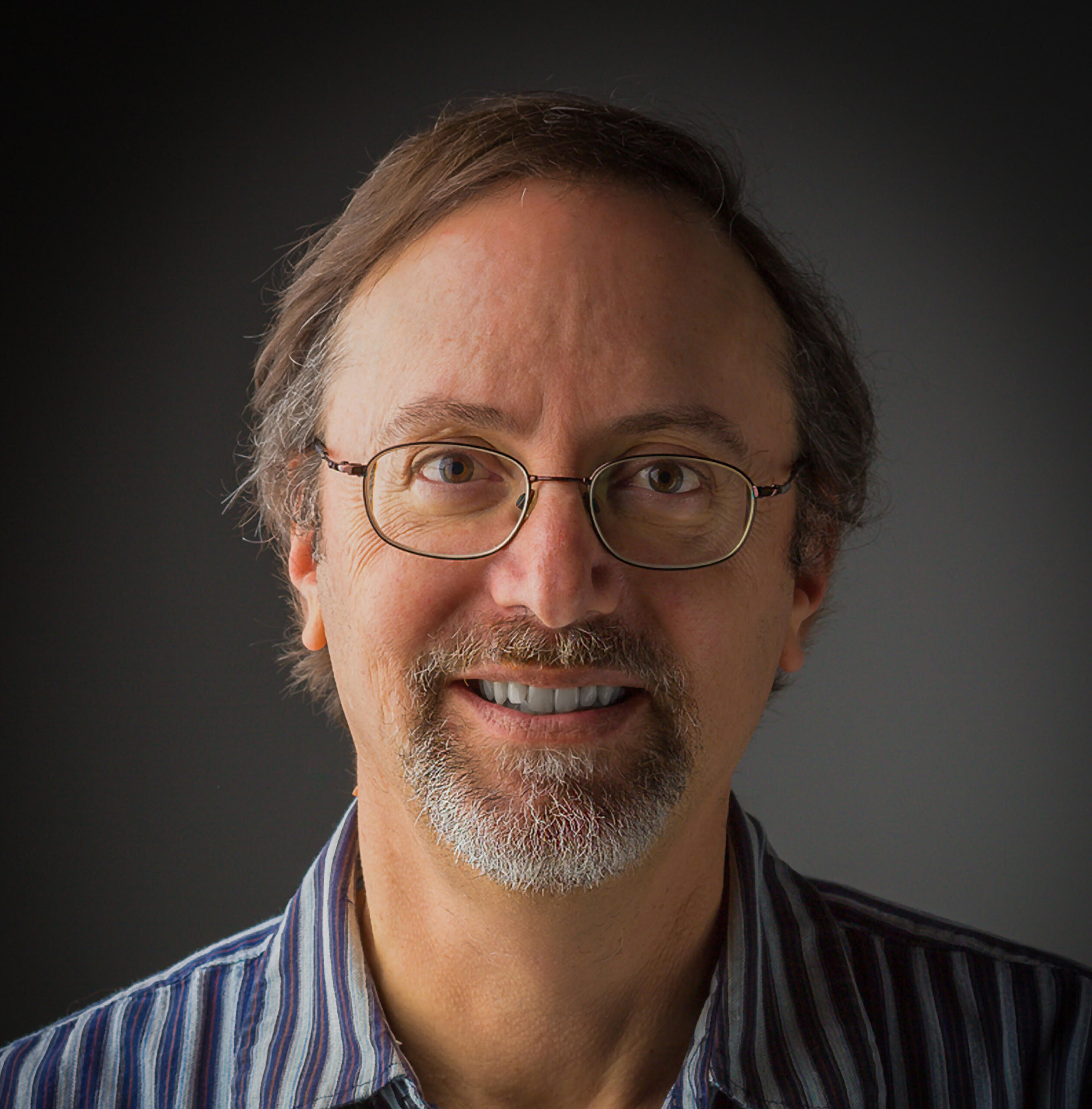
RON HENDEL
Seymour Gitin Distinguished Professor
Professor Emeritus in the Dept. of Middle Eastern Languages and Cultures at the University of California, Berkeley
Biography
Ron Hendel is the Norma and Sam Dabby Emeritus Professor of Hebrew Bible and Jewish Studies at the University of California, Berkeley. He is author of many books and articles on biblical religion, language, and literature. He is general editor of The Hebrew Bible: A Critical Edition (HBCE).
Project
He will be working on a critical edition of the book of Genesis for the HBCE series (The Hebrew Bible: A Critical Edition), making use the Qumran manuscripts and other textual resources.
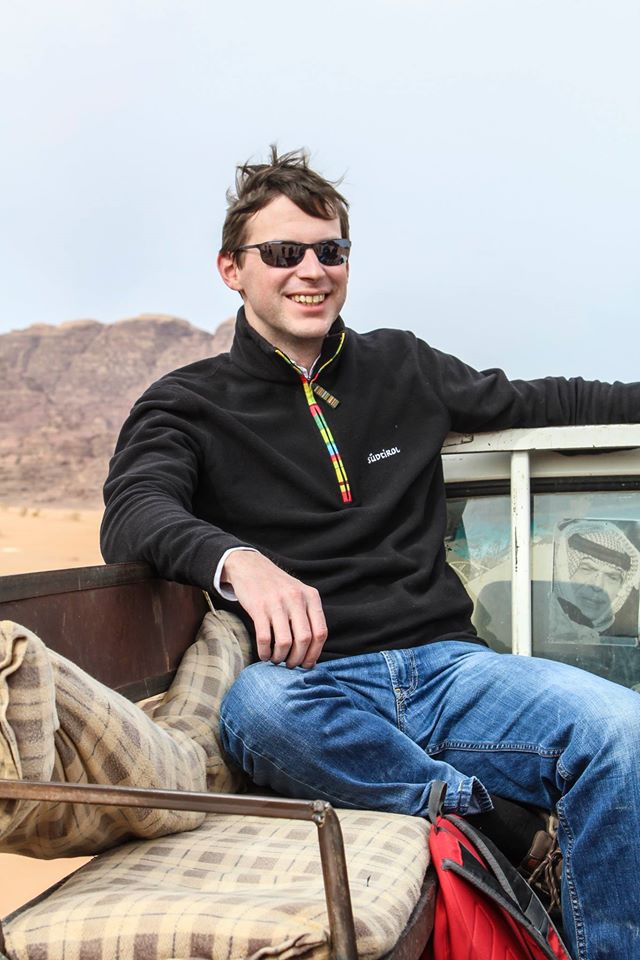
FELIX HÖFLMAYER
Ernest S. Frerichs Annual Professor
Biography
Felix Höflmayer completed his PhD in Egyptology and Classical Archaeology at the University of Vienna in 2010. He has held academic positions at the German Archaeological Institute (Amman and Berlin) from 2009 to 2013. He was a postdoctoral researcher at the University of Chicago from 2013 to 2015. Since 2015 he has been at the Austrian Academy of Sciences (Vienna) and since 2021 as Research Group Leader. He has taken up various research stays at the University of California, Los Angeles and the W. F. Albright Institute of Archaeological Research. Since 2017 he has been co-director of the Austrian Expedition to Lachish.
Project
The excavations conducted by Ernst Sellin at Tell Balata (Shechem) belong to the early largescale excavations of Biblical archaeology. At this site, the Imperial Academy of Sciences in Vienna conducted two seasons of excavations under the direction of German theologist Ernst Sellin in 1913 and 1914. After World War I, excavations continued under the aegis of the German Archaeological Institute in Berlin in 1926–1928, 1931, and 1934. A final report of his excavations was destroyed in 1943 together with several finds from the site during a bombing raid on Berlin. Except for a few preliminary reports, Sellin’s excavations remain unpublished. However, field diaries, find journals, and find inventories are stored in Vienna, Leiden, Jerusalem, and Harvard University. During his position as Ernest Frerichs Professor, Felix Höflmayer will work on the final publication of the Austrian and German excavations based on the preserved documentation and find inventories in various museums.
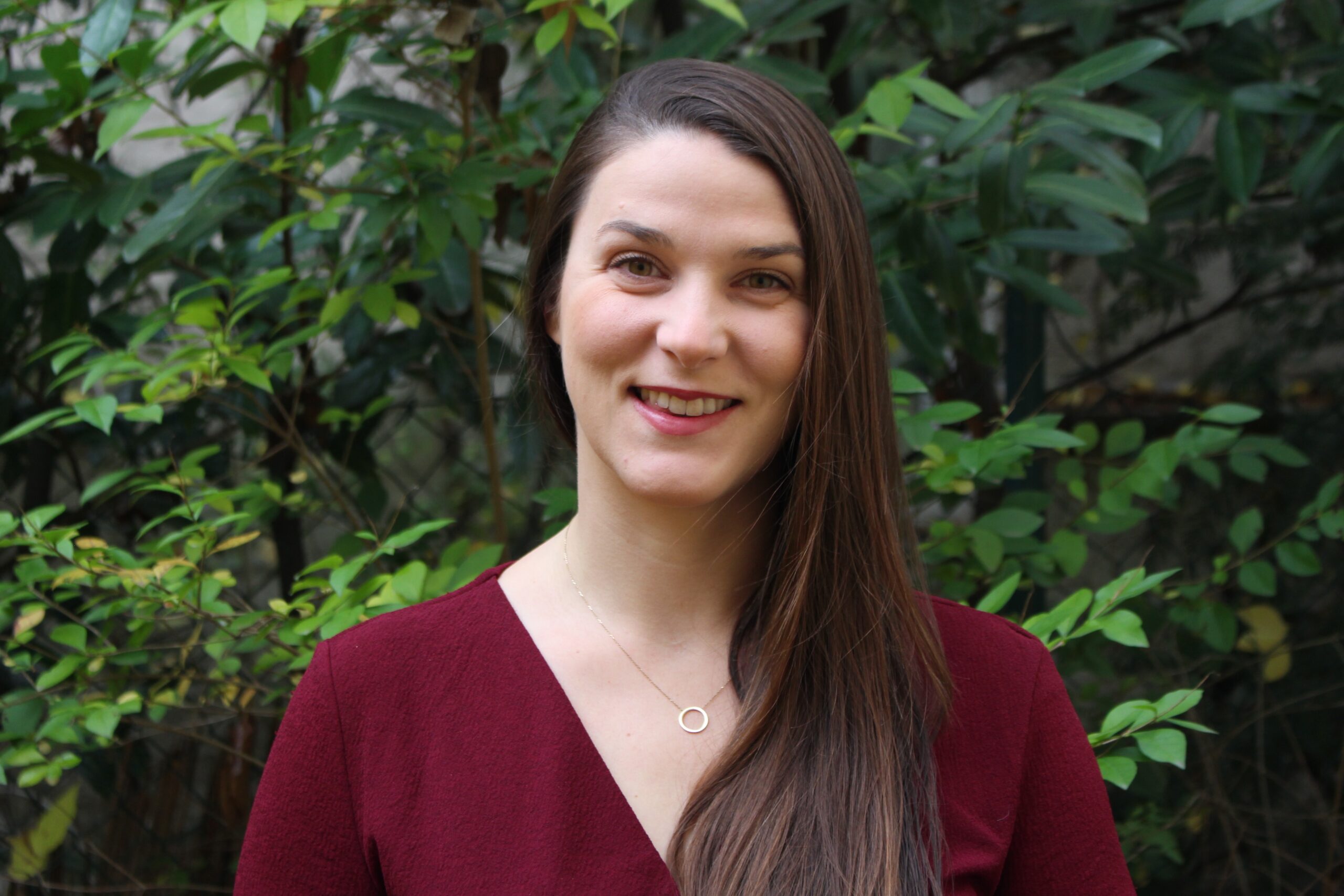
Biography
Sarah Hollaender received her PhD in Classical Archaeology from the University of Alberta. She is a postdoctoral researcher at the Institute of Old Testament Studies, University of Graz. As a member of the NCN-DFG Project “Judean Religion(s) in the Persian and Early Hellenistic Period (5th–3rd cent. BCE) in Light of Iconographic, Epigraphic and Biblical Sources”, she is researching with Prof. Katharina Pyschny the iconography of the Southern Levant in the Persian and Hellenistic periods.
Project
During her fellowship at the Albright Institute, she will conduct research on the terracotta figurines of the Southern Levant in Persian and Hellenistic periods. This will involve examining the material in various collections firsthand, consulting the extensive literature in the libraries, and conferring with experts in the field. From a methodological standpoint, she proposes to move beyond conventional typologies in dealing with terracotta figurines, by instead highlighting the signifying power of somatic and sartorial features, appearing in recurring but flexible combinations. In this respect, both longstanding traditions and foreign influence require consideration. It is not sufficient though to merely dissect figurines in terms of ethnic labels; rather, it is necessary to explore how iconographies resulting from cross-cultural interaction functioned in their communities. She also looks forward to networking with other academics, attending lectures, and becoming acquainted with the diverse cultures as well as the archaeological and religious sites of Jerusalem.
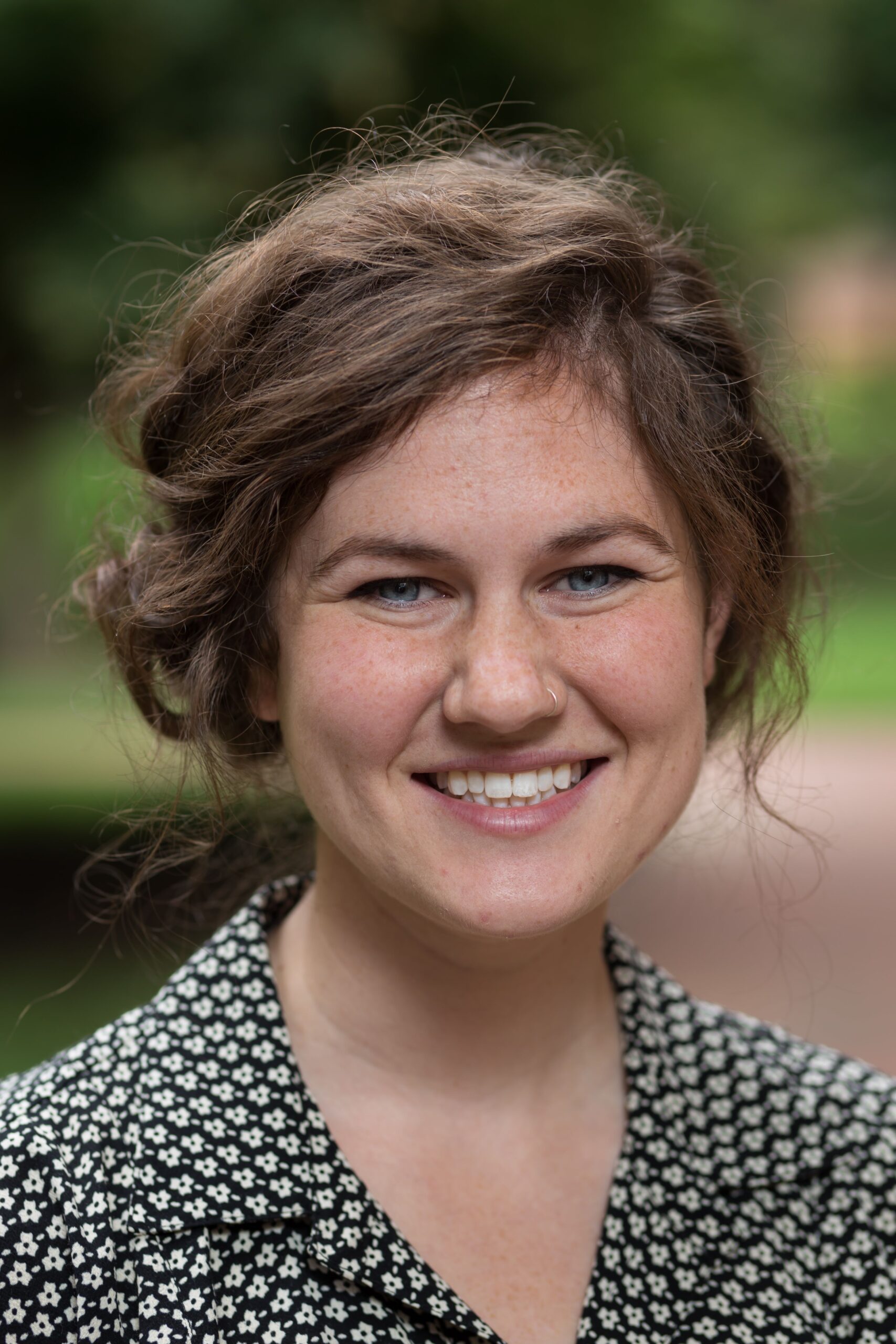
THEO KASSEBAUM
Carol & Eric Meyers ECA Doctoral Dissertation Fellow
Biography Theo Kassebaum is a doctoral candidate in the Department of Anthropology at the University of North Carolina at Chapel Hill. She specializes in zooarchaeology, studying the care and management of livestock in the ancient past. She is currently working on her dissertation project, studying the animals of Tel Abel Beth Maacah in the Iron I period.
Project Theo Kassebaum’s dissertation research examines the faunal remains of livestock from cultic and non-cultic contexts at the Iron Age site of Tel Abel Beth Maacah, approaching animals as active participants in forming multispecies urban communities. At the Albright, her research will consist of analyzing faunal material and recording visible skeletal markers of health and disease. She will connect the treatment of the living animal to depositional contexts, illustrating how animals are embedded in diverse social networks at Tel Abel Beth Maacah.
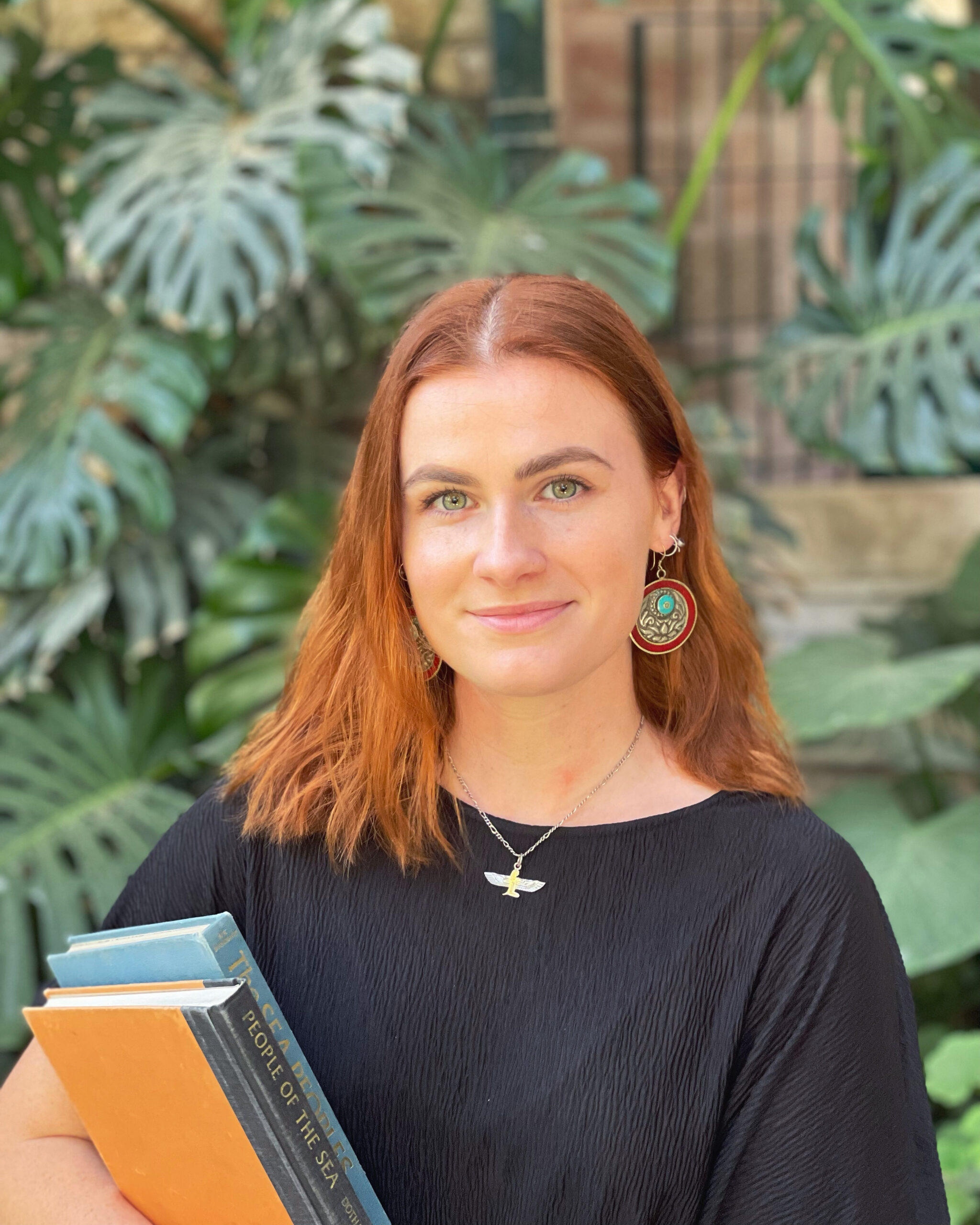
Biography
Madaline is a recent PhD graduate from the University of Melbourne and Ludwig Maximillian Universität München researching Philistine ritual architecture and its wider connections. Madaline’s main research interests include ancient ritual, archaeological reconstruction, Bronze and Iron Age architecture through interpretive archaeology. Madaline has worked on a variety of projects, such as JVRP (Jezreel Valley Regional Project), Tell es-Safi/Gath Archaeological Project and Tell Akko Total Archaeology. Maddi is also a recipient of the Jessie Webb, Alma Hansen and Norman McGeorge Scholarships.
Project
Madaline’s research at the AIAR is concerned with ritual-related architecture, finds and practise of the Philistines in the Southern Levant. The time spent at the Albright and the Palestine Exploration Fund will focus on the Philistine sites of Ashdod and Tel Miqne-Ekron, with the goal of creating a comprehensive and accessible piece of published academic work which clearly and concisely details the early Iron Age ritual and cultic related architecture and finds of these Philistine sites. The site of Tell Miqne-Ekron, which is currently still undergoing sections of publication as part of an Albright series, requires a data audit, specifically for the area of Field X (Field 10). and create a comprehensive re-evaluation of these two important sites and specific fields/areas for the sake of future research and archival integrity.
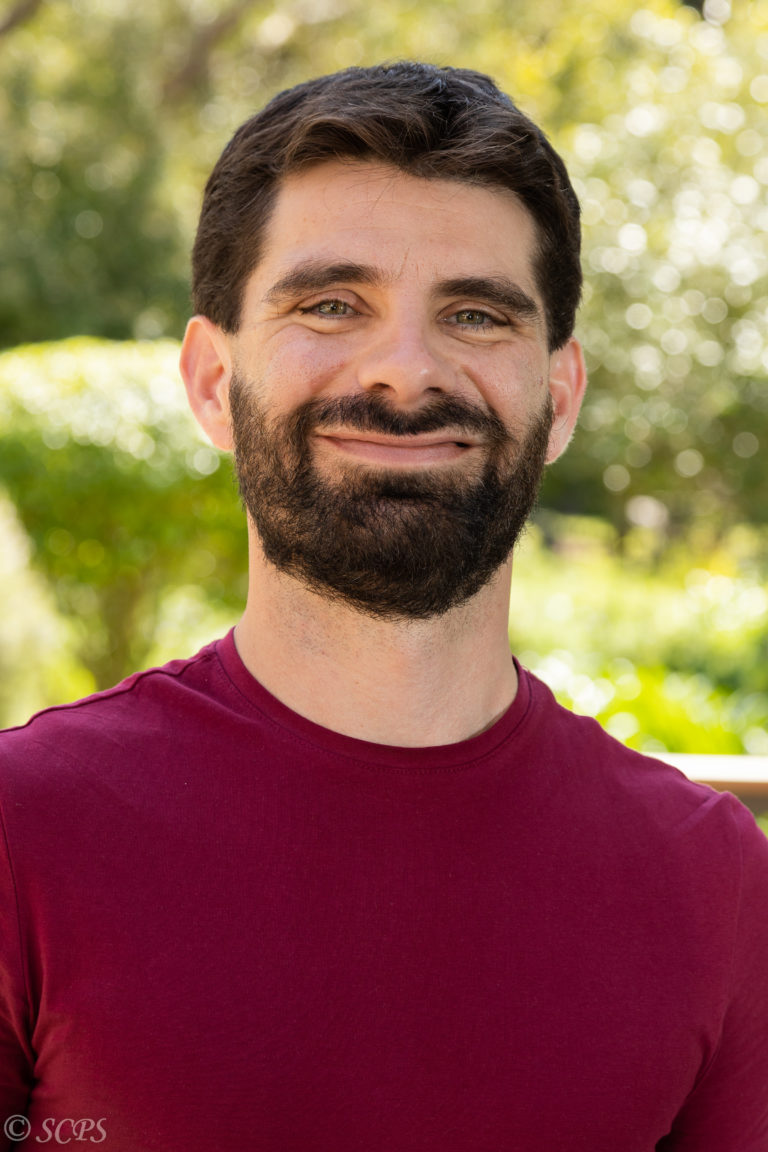
Juan Manuel Tebes
Seymour Gitin Distinguished Professor
Professor at the Catholic University of Argentina & National Research Council
Biography
Juan Manuel Tebes is a Near Eastern historian with areas of specialization in the history and archaeology of the Iron Age southern Levant and northwestern Arabia. Tebes teaches at the Catholic University of Argentina and is Director of its Center of Studies of Ancient Near Eastern History (CEHAO). He is also researcher at the National Research Council of Argentina (CONICET).
Project
Tebes will study the sacred landscapes of the southern arid margins of the Levant (southern Jordan/Israel), as observed by the spatial distribution and the material culture of the cultic and funerary sites of the mostly semi-pastoral peoples that lived in the area from the Neolithic to the Early Islamic period. His Desert Cults Mapping Project (DCMP) will achieve these goals by adopting an interdisciplinary approach at the intersection between digital humanities and archaeological research, making extensive use of geospatial technology, archaeological data and historical sources from a longue durée perspective. Tebes will focus particularly on expanding and finishing the DCMP database of cultic and mortuary sites, making all spatial and archaeological data and the associated map freely available through an on-line digital repository.
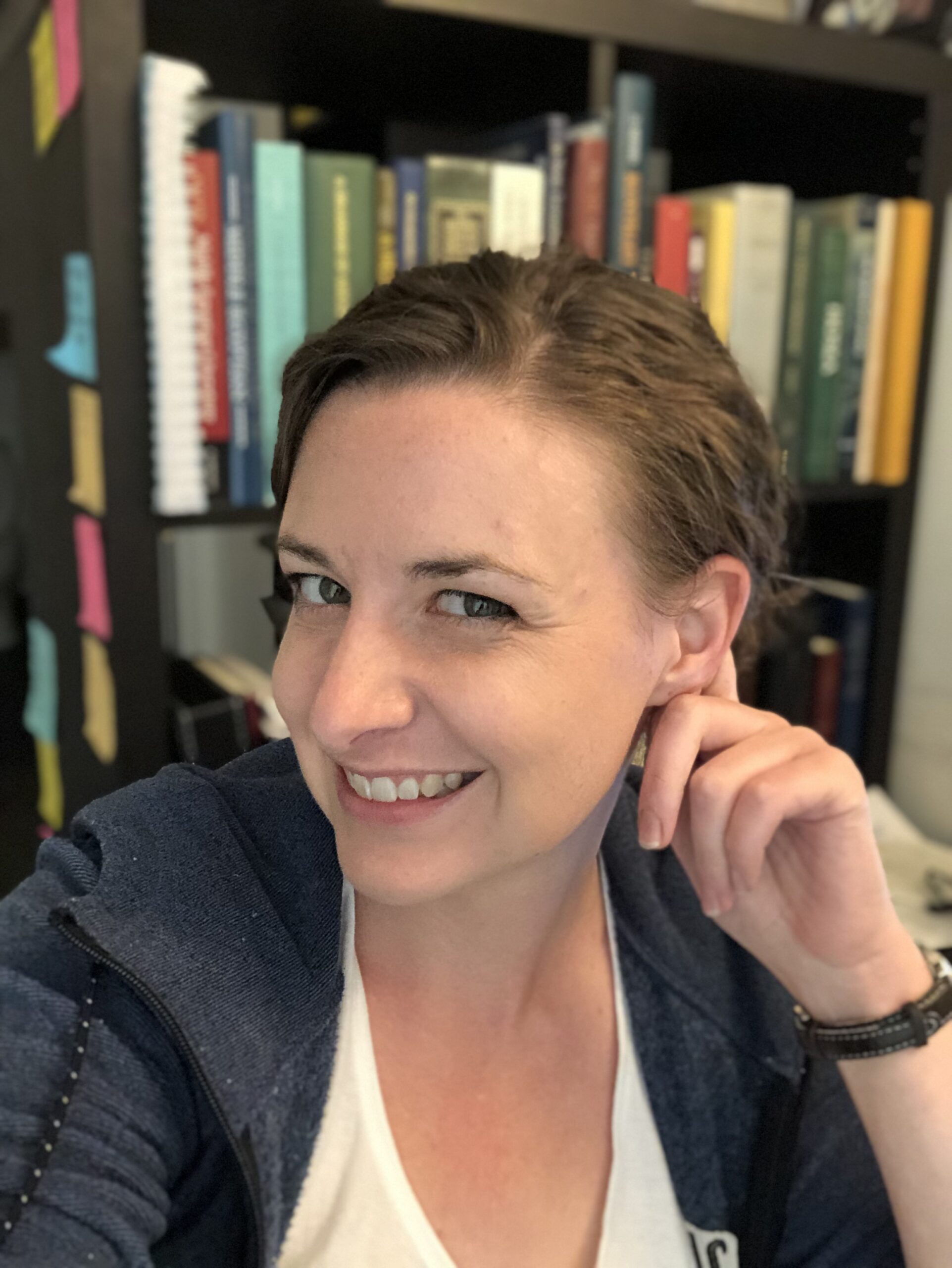
Biography
Elizabeth VanDyke is a visiting assistant professor of Religious Studies at Westmont College in Santa Barbara California. She earned her Ph.D. in Near Eastern Languages and Cultures from UCLA. She holds M.A.s in Biblical and Theological Studies from Westminster Seminary California, and a B.A. in History from Grove City College in Pennsylvania. Her research focuses on the worship of the golden calf in eighth century Israel, prophetic literature, and ancient writing technologies.
Project
In her 2023 dissertation, Elizabeth VanDyke reexamined ancient Israel’s calf cultus. However, unlike previous studies which have relied on largely Judean texts such as Exodus and the Kings, VanDyke began with an arguably emic source: the 8th century book of Hosea. Using rigorous text criticism, comparative religious material, kingship studies, and ritual theory, VanDyke proposed new interpretations of Hosea’s polemics against Israel’s calves and kings. During her time at the Albright, she hopes to refine and shape her dissertation into a monograph on Israelite cultus and kingship in the second half of the 8th century. To that end, she is wrestling with some of the questions her dissertation evoked but it did not answer. These questions include how Israel’s cultic sites interplayed with the worship of the calf icon, if Samaria became a cultic center in the 8th century, and how the Neo-Assyrian control of Israel impacted its priesthood.
